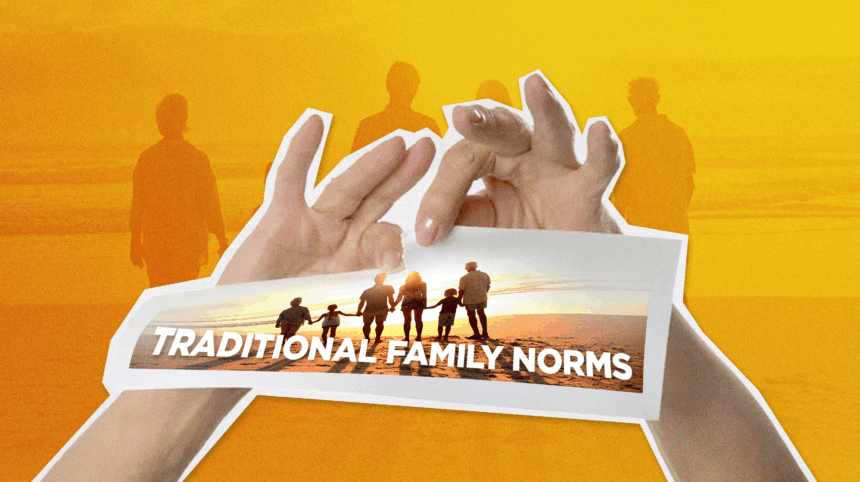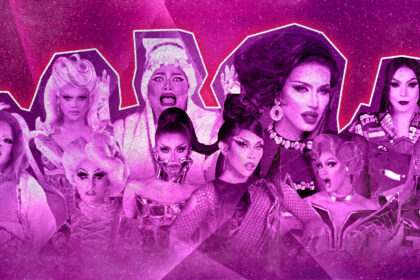Gen Z and Millennials are challenging the norms of family structures through non-traditional arrangements, progressive values, and technological influence, factors which were once overlooked, but have now become a catalyst for redefining typical family set-ups.
Financial realities of family planning
In 2024, the Commission on Population and Development (CDP) observed how young Filipinos choose to delay having children due to financial concerns. In addition, these are further influenced by the price hikes of goods and services.
Most of these adults opt with pet parenting as an alternative to childcare because it is less financially demanding in the long run, covering only food, veterinary care, and other essentials compared to the costs of raising a child.
In the Philippines, parents can expect to spend around one million in the first two years of their child’s life, including hospitalization, needs, and other related expenses.
The Department of Social Welfare and Development (DSWD) discovered that families who have children with disabilities spend 40% to 80% higher expenses, due to healthcare, education, and needs, compared to others.
“The situation of children with disabilities has long challenged the way we approach inclusiveness in development and nation-building. This study comes at a time when we are recovering from a pandemic that has exacerbated pre-existing difficulties for vulnerable children,” DSWD stated.
Modernized family structures
Due to economic factors and personal priorities, many young people have reconsidered traditional customs and expectations with family life.
Non-traditional living arrangements such as multi-generational living and cohabitation before marriage have become quite common, especially among Gen Z, challenging norms that were structured upon conservative beliefs and expectations of independence in early adulthood.
As newer generations mold progressive values and inclusive alternatives, these oppressive norms are replaced with empowering principles that emphasize equality, modernity, and responsibility.
In addition, having greater access to information has allowed Gen Z and Millennials to be more aware and understanding of underlying issues in family structures shaped by conventional practices. As they become key members of their families, they begin to recognize how all family structures deserve equal respect.
Beyond the traditional nuclear family, other living arrangements are slowly being accepted within the society such as single-parent families, blended families, LGBTQ+ households etc.
Influence of Technology and Globalization in Values and Communication
Exposure to globalization has broadened Gen Z and millenials’ perspectives in varying lifestyles and culture. This has embraced inclusivity and diversity in new family structures such those with non-traditional family roles.
Moreover, taboo topics such as mental health and emotional fulfillment have been widely prioritized before parenthood. A study by Herewati et al. (2023) revealed that Gen Z considers values and maturity in determining readiness for marriage.
In this generation, the impact of technology and social media have restructured family relationships. Statistics showed that 63% of Gen Z prefer digital platforms as a form of communication reflecting a shift towards screen-based interactions, with social media playing a crucial role in increasing awareness and conversations about controversial topics.
Generational Differences in Family Dynamics
Furthermore, there exists a generational difference in family values between the older and younger generations. Baby Boomers and Gen X family dynamics are structured around authority and discipline, with a strong emphasis on hierarchical systems based on gendered responsibilities.
In contrast, Millennials and Gen Z prefer gentle parenting and flexible living arrangements, promoting an egalitarian approach while utilizing technology as an essential tool in shaping modern family dynamics.
As the younger generation continues to redefine family structures, society has grown more accepting of these cultural shifts. Moving away from traditional customs reveals how there are varying factors that shape how a family functions.
As Gen Z and Millennials gain more visibility and voice, policies in housing, childcare, and healthcare, will align accordingly, thus addressing long standing inequalities and improving quality of life.
Regardless of family structures, its foundation remains grounded through the emotional bonds that connect families together.








